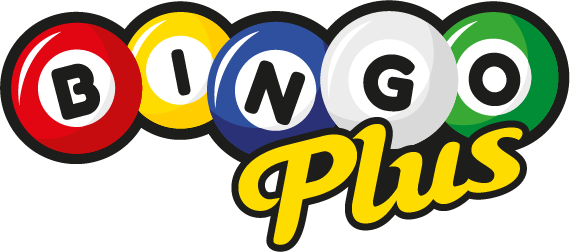Digital Playground: How Online Gaming Promotes Lifelong Learning
In recent years, online gaming has evolved far beyond mere entertainment; it has become a dynamic educational platform that fosters lifelong learning. With vast, immersive worlds and complex problem-solving challenges, digital games offer unique opportunities for players to develop a wide array of skills and knowledge. As more educators and learners recognize the potential of gaming, it’s essential to explore how this digital playground promotes continuous education and personal growth.
The Learning Potential of Online Gaming
At its core, online gaming is an interactive experience that engages players on multiple levels. Here are several ways that online gaming contributes to lifelong learning:
1. Critical Thinking and Problem-Solving Skills
Many online games require players to think critically and develop strategies in real-time. Titles like "The Legend of Zelda: Breath of the Wild" and "Portal" challenge players to solve complex puzzles and navigate intricate environments. This gameplay nurtures critical thinking and adaptability—skills that are transferable to real-world situations such as professional challenges and personal projects.
2. Collaboration and Teamwork
Multiplayer games, especially in genres like role-playing (RPGs) and first-person shooters (FPS), encourage cooperation and communication. Players often work in teams to achieve shared objectives, necessitating effective collaboration skills. Games like "World of Warcraft" exemplify how members must strategize together and leverage individual strengths, teaching valuable lessons about teamwork, trust, and shared responsibility.
3. Cultural Awareness and Global Perspectives
Online gaming communities are often comprised of individuals from diverse backgrounds and cultures. Participating in these communities can expose players to different perspectives, fostering empathy and cultural awareness. Games such as "Overwatch" feature characters from various cultures, encouraging players to appreciate global diversity while promoting inclusivity and global citizenship.
4. Creativity and Innovation
Many online games also serve as platforms for creative expression. Sandbox games like "Minecraft" enable users to build intricate structures and worlds, allowing for personal creativity to flourish. Players learn to innovate and think outside the box as they experiment with different designs, materials, and mechanisms, thus enhancing their creative problem-solving skills.
5. Self-Directed Learning and Resourcefulness
In the digital realm, players often encounter challenges that require them to seek out information, whether through in-game tutorials, community forums, or resources outside the game. This self-directed learning approach cultivates resourcefulness, teaching players how to research and acquire knowledge independently—an essential skill for lifelong learners.
Gamification in Education
The education sector has begun to embrace gamification—integrating game-like elements into the curriculum to engage students actively. By leveraging the principles of gaming, educators can create stimulating and motivating environments that encourage participation and retention. Game-based learning platforms, such as Kahoot! and Classcraft, utilize competition, rewards, and collaborative tasks to transform traditional learning into enjoyable, interactive experiences.
The Future of Online Gaming as a Learning Medium
As technology continues to advance, the potential for online gaming as an educational tool will only expand. Virtual reality (VR) and augmented reality (AR) are paving the way for even more immersive experiences that can mimic real-life scenarios or historical events. For example, VR games can simulate medical procedures for training future healthcare professionals, enabling experiential learning in a safe environment.
Moreover, AI-driven adaptive learning systems in games will personalize learning experiences based on individual player performance, making education more tailored and effective than ever before.
Conclusion: Embracing Gaming for Lifelong Learning
The digital playground of online gaming holds tremendous promise as a catalyst for lifelong learning. Through engaging content, collaborative platforms, and innovative technologies, these games can enhance critical thinking, creativity, and social skills, making them valuable educational tools well beyond traditional classrooms.
As we move further into an increasingly digital and interconnected world, embracing online gaming as a legitimate learning medium can provide rich opportunities for personal development and growth. In a landscape where learning never truly ends, the digital playground has become a key player in shaping the future of education.




